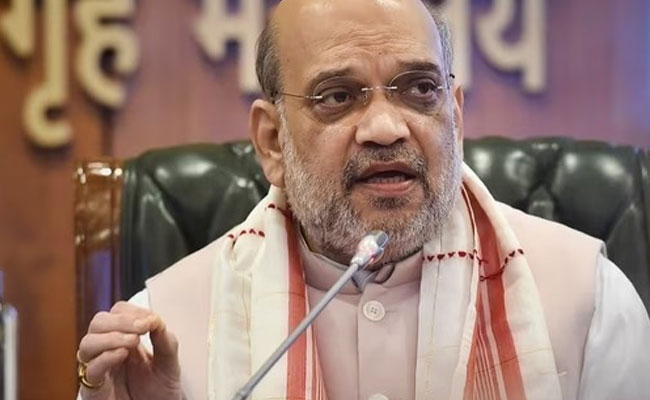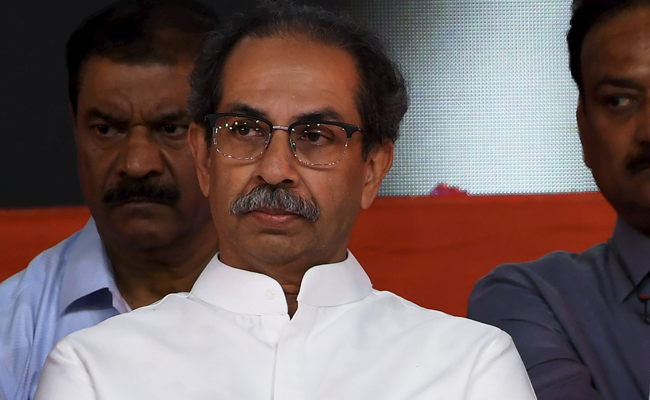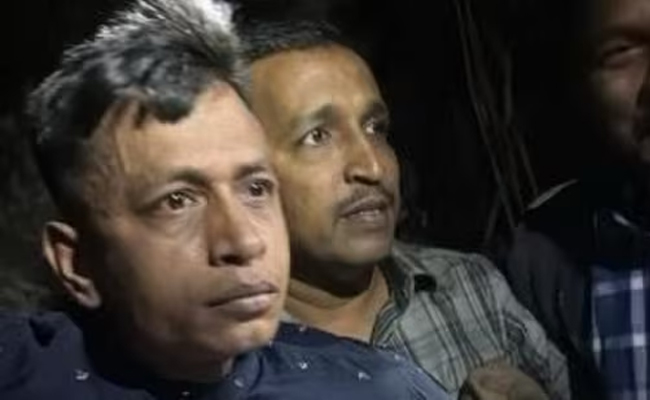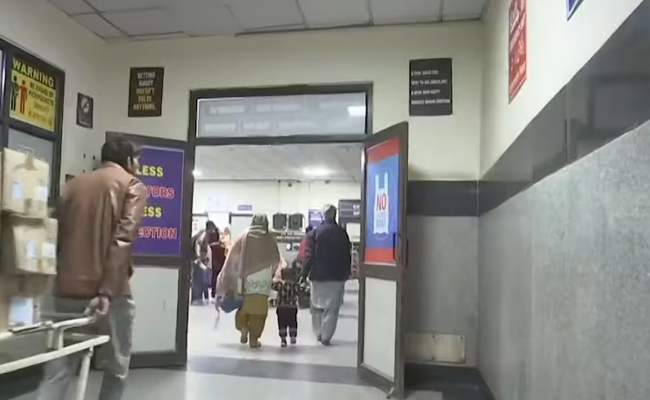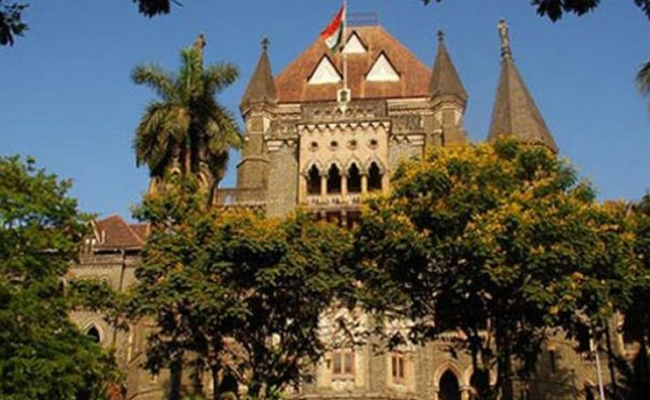New Delhi (PTI): The newly enacted laws - the Bharatiya Nyaya Sanhita, the Bharatiya Nagarik Suraksha Sanhita and the Bharatiya Sakshya Act - to completely overhaul the criminal justice system in the country will come into effect from July 1.
The three laws got the Parliament's approval on December 21 last year and President Droupadi Murmu gave her assent on December 25.
According to three identical notifications issued by the Union Home Ministry, provisions of the new laws will come into force from July 1.
The laws will replace the colonial-era Indian Penal Code, the Code of Criminal Procedure and the Indian Evidence Act of 1872 respectively.
The three legislations aim at completely overhauling the criminal justice system in the country by giving definitions of various offences and their punishments.
Let the Truth be known. If you read VB and like VB, please be a VB Supporter and Help us deliver the Truth to one and all.
Mumbai: Shiv Sena (UBT) chief Uddhav Thackeray launched a strong attack on the Bharatiya Janata Party (BJP), asserting that those who incite communal disharmony cannot be considered Hindus. He emphasised that his party's 'Hindutva' is "clean" and challenged the BJP-led Centre to conduct elections using ballot papers instead of Electronic Voting Machines (EVMs).
Addressing a public gathering on the birth anniversary of Shiv Sena founder Balasaheb Thackeray, Uddhav criticised the BJP for allegedly fostering divisive politics. "If you have any shame, keep EVMs aside and hold elections using ballot papers. Our Hindutva does not promote enmity," he remarked.
The statement comes against the backdrop of the 2024 Maharashtra Assembly Elections, where Shiv Sena (UBT) faced a significant setback, winning only 20 seats, while the BJP-led Mahayuti secured a landslide victory with 235 seats.
Opposition parties, including those in the INDIA bloc, have raised concerns over the transparency of EVMs, demanding a return to ballot papers. However, Chief Election Commissioner Rajiv Kumar recently dismissed this idea, calling it "unwarranted and regressive." Similarly, the Delhi High Court upheld the use of EVMs, rejecting a petition that sought constituency-specific justifications for their use.

